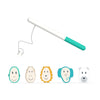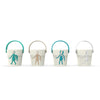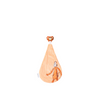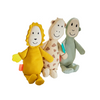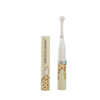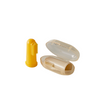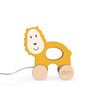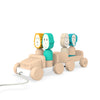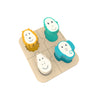Parenting and Your Mental Health
Awareness around mental health is important not just for children, but for their parents, too. Parenting young children can be challenging at the best of times, but when you add in mental health struggles it can sometimes feel insurmountably difficult. With Mental Health Awareness week in May, it’s important for parents to check in on themselves, and to pinpoint and solve the issues that make it that much more difficult to look after young children. Read on for our best tips for regaining control in difficult moments.
Sometimes “good enough” really is good enough
Of course we all want to be the best parents on the planet all day, every day, but this is unreasonable even for the healthiest of minds. Realistically, we all have our up and down days, and on the down ones it’s important to take stock in what we have managed, and forgive ourselves what we haven’t.
Speaking of Forgiveness…
Forgiveness for ourselves during times of struggle is important, but so is forgiving others. If your beloved toddler is behaving like a little monster, forgive them. If your friend or neighbour is giving you unsolicited or unhelpful advice, forgive them. The energy we use up just to hold on to negative feelings is massive, whereas rising above is a huge relief. When someone does something aggravating, try closing your eyes and counting to ten, then move past it. You’ll be surprised how much zen you can achieve by letting go.
Find Your People
In times of mental turmoil it can be helpful to know that you are not alone in the feeling the ways that you do. Find who your trusted people are: close friends and other parents can be huge sources of empathy, but sometimes the unbiased take of a mental health professional can feel more effective. It’s also possible that some people may feel more helpful for specific issues, and that your circle of support is a blend of friends and professionals. Find what works for you, and remember to reach out when in need.
Find Practical Solutions
Routines are as helpful for parents as they are for babies, because knowing what’s coming next reduces the need to think. This is also true for tangible solutions. If your infant is teething, invest in a good quality teether, and reduce the amount of time spent with your finger in their mouth. If they often lose their belongings, invest in a soother clip to keep them attached to their clothes, reducing your stress when trying to find (and then sterilise) their favourite teether or toy.
The most important thing is to take care of your needs first, so that you’re in a better position to help your child with theirs. For more information and help, go to the Mental Health Awareness week website.













